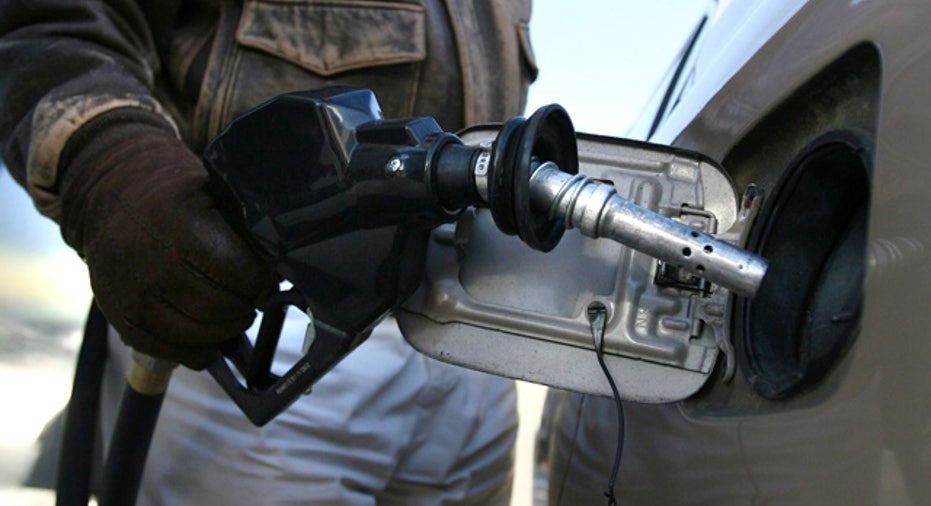Pinging, Knocking and Low Octane Gas

With a price difference of 24.4 cents between regular and premium gasoline on national average, many people are left wondering if they can save at the pump by filling up their gas tank with lower-octane gas. Gas stations typically offer three octane ratings -- regular, midgrade and premium -- with each numerical rating, usually 87, 89 and 92 or 93 respectively, listed on a yellow sticker affixed to the pump. Before you select a cheaper and lower octane grade of gas at your next fill up, consider these factors.
Understand the difference between recommended and required. The recommended octane rating for every car is usually listed on a label attached to the inside of the fuel door of your car. But what the manufacturer recommends and what is required may be two different things.
For higher-performance cars, manufacturers will often recommend a higher octane rating than what is actually required. The higher octane ensures optimum performance for the car, but you may be able to use the minimum required octane with no noticeable difference. Consult your owner's manual to see if the recommended octane rating and the required octane rating are different.
Listen to your car. Octane ratings measure the fuel's capacity to eliminate premature ignition in the engine's cylinders -- what is commonly called knocking or pinging. When the car is accelerating from a stop, the driver may hear a metallic sound, often described as pinging or a heavier sound that resembles knocking on a door. This sound indicates there's a problem with the combustion process, and the condition is a cause of unnecessary pollution. The reasons for engine pinging vary but can often be cured by refueling with a higher octane gasoline, though not always. Loud knocking sounds or knocking that persists and gets louder should be diagnosed by a trusted mechanic.
Check your fuel economy. Before you switch to a lower octane gasoline, keep track of your fuel economy for a couple of fill-ups. If your car has a problem with the combustion process, it may be so subtle that you don't hear the pinging but your fuel economy might still be affected. Knowing if your fuel economy varies depending on the octane rating can help you to decide what octane you need.
Pay attention to performance. Similarly, combustion problems also can result in compromised performance. Pay attention to how your car accelerates from a stop as well as when passing another car, and take note if there is a difference in performance, depending on which octane gasoline you have in your tank.
If your car is not pinging or knocking, then try switching to a lower grade of gasoline as long as it still meets the minimum requirement of the manufacturer. Drive the car for a couple of tank-fulls, and listen for any engine knocking or pinging and pay close attention for any changes in performance and fuel economy. If there's no noticeable difference, you can feel confident using the lower grade fuel and make your wallet just a bit fatter.



















